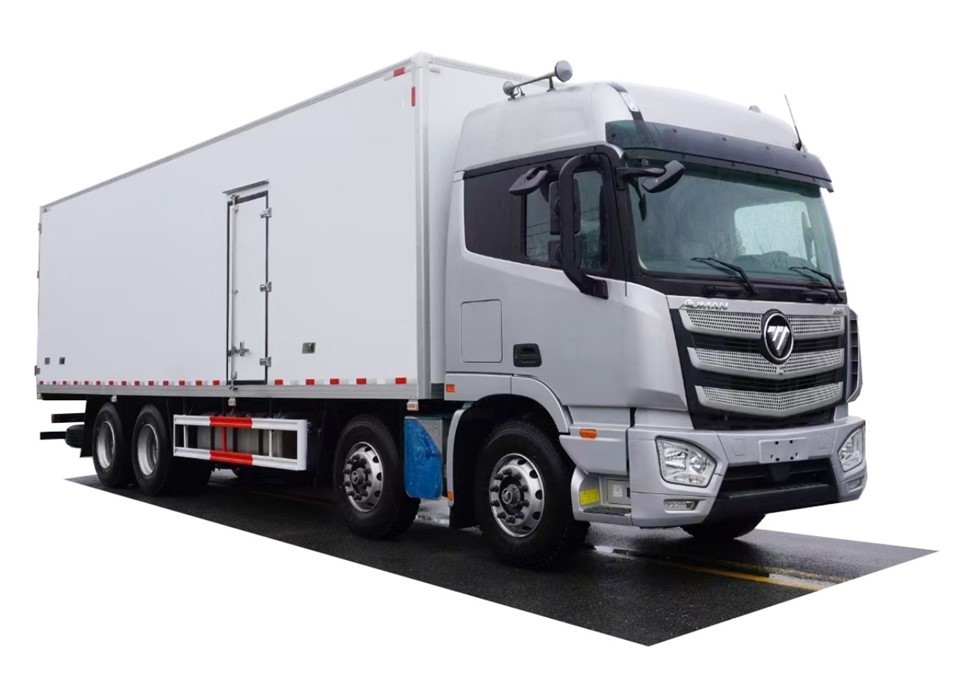When it comes to managing waste, having the right trash dumpster is crucial for both residential and commercial purposes. Whether you’re renovating your home, decluttering, or managing a construction site, finding a suitable dumpster for sale can save you time and effort. In this comprehensive guide, we will delve into everything you need to know about trash dumpsters, from types and sizes to buying tips and FAQs.
Understanding Trash Dumpsters
What is a Trash Dumpster?
A trash dumpster is a large container used for collecting and transporting waste. Commonly used in construction projects, home renovations, and for regular waste disposal, dumpsters come in various sizes and types to accommodate different needs.
The Importance of Choosing the Right Dumpster
Selecting the appropriate dumpster can impact your project’s efficiency, cost, and compliance with local waste disposal regulations. A well-chosen dumpster can also prevent overflow, encourage recycling, and keep your worksite safe and clean.
Types of Trash Dumpsters
Residential Dumpsters
Residential dumpsters are ideal for home projects, such as spring cleaning, remodelling, or landscaping. They usually range in size from 10 to 40 yards.
Common Sizes:
| Size (Yards) | Uses |
|---|---|
| 10 | Small renovations or clear-outs |
| 20 | Medium projects like garage clean-outs |
| 30 | Major renovations or large clean-outs |
Commercial Dumpsters
Commercial dumpsters cater to businesses and institutional needs, often used for regular waste disposal or during large-scale projects. They tend to accommodate more waste and offer longer rental terms.
Common Sizes:
| Size (Yards) | Uses |
|---|---|
| 4 | Restaurants and small businesses |
| 8 | Midsize businesses and retail |
| 10-40 | Construction sites and large scale commercial projects |
Types of Dumpsters by Material
Dumpsters can also be classified by their build materials, including:
- Metal Dumpsters: Durable and long-lasting, suitable for high-demand use.
- Plastic Dumpsters: Lightweight and often used for specific waste types.
Buying a Trash Dumpster: What to Consider
Assessing Your Needs
Before purchasing or renting a dumpster, evaluate your project requirements:
- Type of Waste: Different materials might require specific disposal methods.
- Volume of Waste: Estimate how much waste you will generate to choose the proper size.
- Project Duration: Decide how long you will need the dumpster, as this can affect costs.
Finding a Reputable Supplier
It’s essential to choose a reputable supplier to ensure quality service. Look for:
- Positive reviews and testimonials
- Clear pricing and terms of service
- Local experience and knowledge of regulations
Pricing and Costs
The cost of trash dumpsters for sale will vary based on size, type, and rental duration. Here’s a breakdown of potential costs:
| Size (Yards) | Average Price ($) |
|---|---|
| 10 | 300-500 |
| 20 | 400-700 |
| 30 | 500-900 |
| 40 | 600-1000 |
Transportation and Delivery Services
Check if the supplier offers reliable delivery and pickup services. This aspect is vital to ensure your project proceeds smoothly without delays.
Tips for Using Your Trash Dumpster Effectively
Prepare Your Site
Before the arrival of your dumpster, ensure the delivery spot is clear and accessible. This preparation can help avoid unnecessary delays.
Know What to Avoid Throwing Away
Certain items are often prohibited from being placed in dumpsters, including:
- Hazardous materials (e.g., chemicals, tires)
- Electronics
- Appliances (consult your dumpster company)
Managing Volume
To maximize your dumpster’s capacity:
- Break down large items
- Fill the dumpster uniformly
Frequently Asked Questions
1. What can I put in a trash dumpster?
You can typically dispose of household items, furniture, construction debris, and yard waste. Always check with your supplier for specific guidelines.
2. How long can I keep a dumpster?
The rental duration varies depending on the service agreement. Most companies offer flexible terms, ranging from a few days to several weeks.
3. Is delivery included in the rental price?
Delivery charges can differ based on the dumpster size and the provider. Always read the terms of service to avoid unexpected costs.
4. Can I rent a dumpster for a single day?
Yes. Many companies offer short-term rentals. It’s often more expensive on a per-day basis compared to longer rentals, but it’s feasible for quick projects.
5. How do I choose the right size dumpster?
Estimate the amount of waste you will generate. Use the sizing charts provided by suppliers as a guide and consult with them if unsure.
6. What should I do if my dumpster overflows?
If your dumpster is overflowing, contact your supplier for additional options. Avoid overfilling, as this could lead to safety issues or additional fees.





